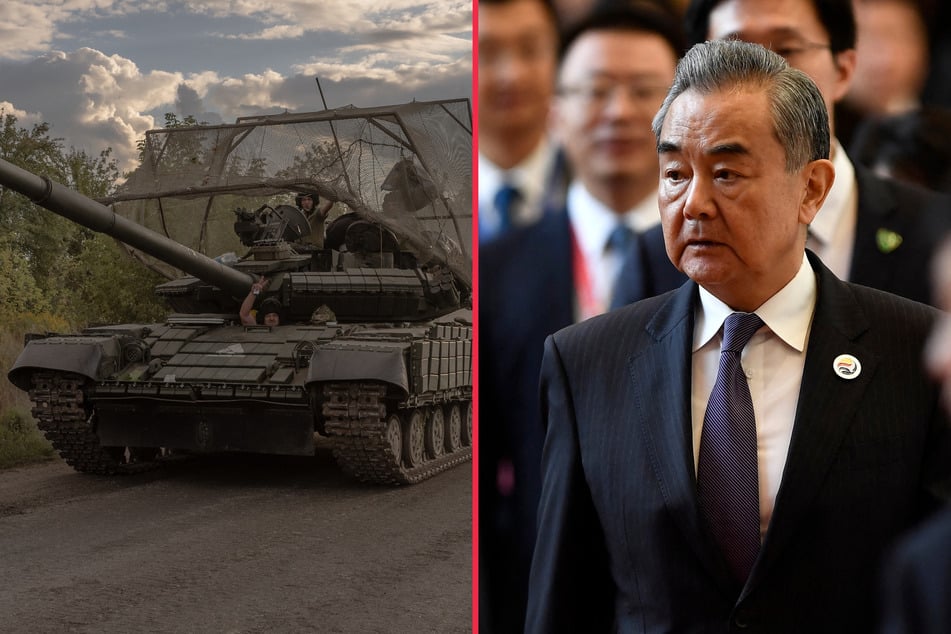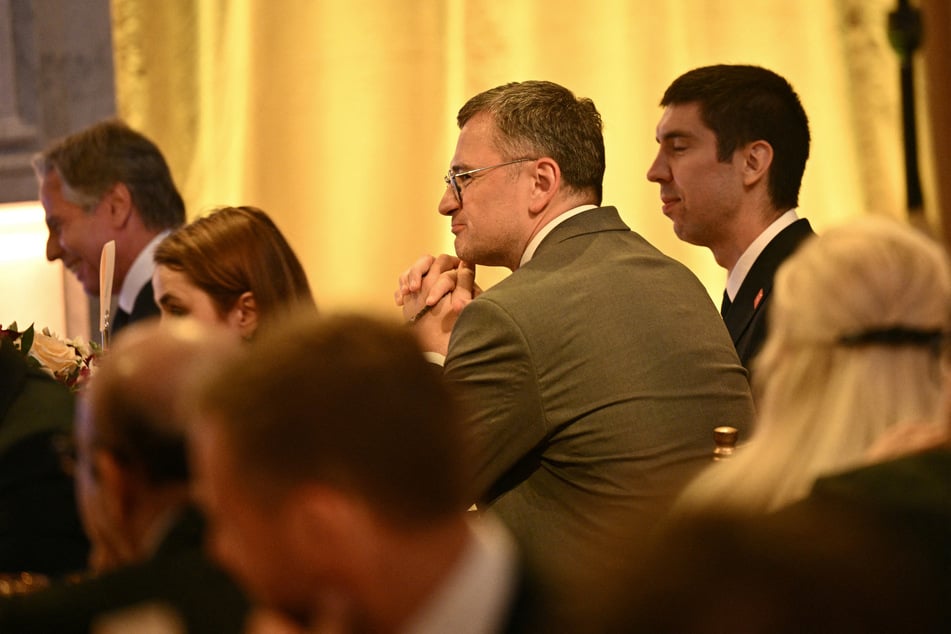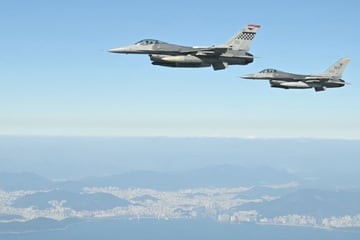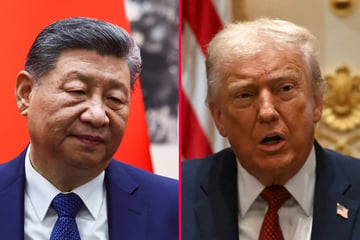China calls for de-escalation as Ukraine strikes Russian territory
Beijing, China - Fears of accelerated violence have mounted after Kyiv launched an assault on targets in Russian territory, triggering a response from China calling for immediate de-escalation.

More than two years after the Ukraine conflict began, Kyiv has conducted an attack on the Russian region of Kursk.
The military operation penetrated Russian territory by up to 20 miles and took nearly 95 square miles of land, triggering fury from Moscow.
Russian President Vladimir Putin said Ukraine had broken "all permissible boundaries" in an address on Sunday and vowed to "take tough measures in response."
The events rattled Beijing, which immediately called for Russia and Ukraine to seek de-escalation according to China's three principles approach.
"China’s position on the Ukraine issue is consistent and clear. The Chinese side calls on all parties to observe the three principles for deescalating the situation," a spokesperson for the Chinese foreign ministry said in a statement.
"Namely, no expansion of the battlefield, no escalation of fighting and no fueling the flame by any party. We will continue to maintain communication with the international community to play a constructive role for the political settlement of the crisis."
Fears of escalation grow after Ukrainian offensive

The attacks, which took place after Ukrainian President Zelensky acknowledged that Kyiv would pursue ways to start "pushing the war into the aggressor's territory," have given rise to fears of retaliation.
A senior Ukrainian defense source told The Times that "Russia will feel the need to issue a very tough response, something huge, to show to the world that it is omnipotent and that something like Kursk will not go unpunished."
Since the assault, Ukraine has continued to ramp up offensive maneuvers, with Moscow having started evacuating thousands of people out of the Belgorod border region.
China's stance on de-escalation comes as no surprise and is consistent with the messaging they have been pushing over recent months.
In July, Ukrainian officials met with Chinese Foreign Minister Wang Yi in Guangzhou to discuss a path towards peace. Ukraine's Foreign Minister Dmytro Kuleba said that China's stance on Ukrainian sovereignty was "unshakable."
Chinese President Xi Jinping in July told Hungarian Prime Minister Viktor Orban that major powers should "exert positive energy rather than negative energy" and called for a ceasefire in Ukraine.
Cover photo: Collage: AFP/Roman Pilipey & AFP/Sai Aung Main

